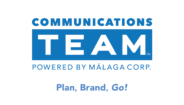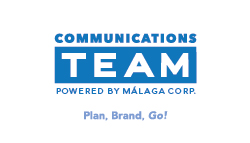It was only three words and they likely wouldn’t have caused a kerfuffle in any other country. “Ebit macht frei,” which translates as “Profits will set you free.”
But the country in question is Germany and the speaker was Volkswagen CEO Herbert Dies addressing the flexibility afforded the company’s managers by the fat profit margins of the company’s luxury brand, Porsche.
The problem is that many in Germany interpreted his remarks as a play on the words, “Work will set you free,” which was inscribed on the gates of the Auschwitz concentration camps.
As many visitors know, the Holocaust continues to cast a pall over Germany more than 80 years after World War II ended. The result is that a week after uttering the comments, Dies, who is credited with fattening VW’s bottom line, was fighting for his job.
It is entirely possible that Dies poor choice of words gaffe was nothing more than a thoughtless slip-of-the-tongue but still, it does serves as a reminder that knowing your audience and their history is a predicate for effective corporate communications, whether internal or external marketing. Understanding context is the difference between being glib and garish, and sending the right message, or a tragically wrong one.
As the late American writer, Albert Murray was fond of saying: “Without our history, we become hysterical.”









Leave A Comment